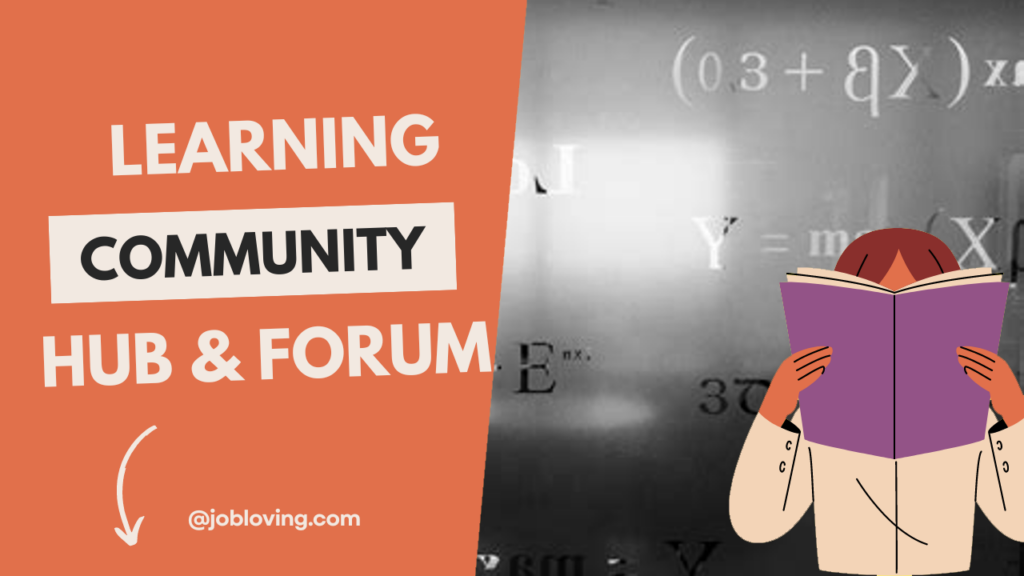Have you ever wondered how math can be more than just numbers on a page? What if I told you there’s a course that integrates math with art, history, and even music? Welcome to the world of liberal arts math! Unlike the traditional Algebra 1 that focuses on equations and functions, liberal arts math has a broader scope that connects math to various disciplines. Let’s dive into the nitty-gritty!
The Short Answer: No, liberal arts math is not the same as Algebra 1.
While Algebra 1 zeros in on critical mathematical concepts like solving equations and understanding functions in a structured way, liberal arts math takes a more holistic approach. It doesn’t just slap formulas on the blackboard and call it a day; rather, it examines how mathematics intersects with and enriches various other subjects. Think of it as math with a side of philosophy, sociology, or even art history!
Liberal arts math typically covers topics that relate to practical applications of mathematics, statistics, and even mathematical reasoning, often emphasizing real-world scenarios and problem-solving skills that are more relatable to everyday life. For instance, you might find yourself discussing the mathematics behind music theory or the statistics of social sciences, all while dabbling in the beauty of numbers.
In essence, while Algebra 1 is a specific step in the math hierarchy focusing on foundational skills, liberal arts math embraces a more expansive curriculum, connecting the dots between mathematics and the diverse world around us. If you’re looking for a more integrated perspective on math that also satisfies your curiosity about the humanities, then liberal arts math might just be your jam!
Curious to explore more about how to tackle your math journey or connect with resources that can help you dive deeper into various subjects? Join the JobLoving community for a treasure trove of insights and assistance!
Key takeaways about Is liberal arts math the same as algebra 1?
Differences in Focus and Curriculum
- Liberal Arts Math emphasizes practical applications over advanced algebra or calculus, appealing to many students.
- The curriculum includes basic algebra, geometry, probability, and statistics, fostering a broader mathematical understanding.
- Liberal Arts Math focuses on practical applications, while College Algebra emphasizes theoretical mathematical concepts and skills.
- College Algebra typically covers more advanced topics than high school Algebra I, making it slightly harder.
- College Algebra includes topics like linear functions and logarithms, which are more mathematically intensive than Liberal Arts Math.
- Students may find Liberal Arts Math easier due to its engaging, real-world applications compared to Algebra.
- Many students perceive Liberal Arts Math as less demanding than College Algebra, despite individual experiences varying widely.
- Practical mathematics applications in Liberal Arts Math may resonate more with students outside of STEM fields.
Student Experience and Engagement
- Student engagement and curiosity significantly influence the overall experience and manageability of the course.
- Individual dedication to studying plays a crucial role in success within Liberal Arts Math.
- Students may find the course interesting due to its diverse mathematical concepts and applications.
- Seeking extra resources or teacher assistance can greatly help students struggling with challenging topics.
- Talking to current or former students provides valuable insights into the course’s workload and content.
- Students’ experiences in Liberal Arts Math can differ greatly, influenced by the course’s focus and teaching approach.
- Engaging with peers who have taken courses can provide insights into the nature of Liberal Arts Math.
Perception of Difficulty
- Course difficulty varies based on individual strengths and teaching methods used at different schools.
- Difficulty perception in math courses often depends on students’ personal strengths, weaknesses, and learning preferences.
- Individual student backgrounds significantly affect the perceived difficulty of both Liberal Arts Math and College Algebra.
- Liberal Arts Math is often deemed manageable for those who do not identify as “math people.”
- Remedial math courses can help students prepare for College Algebra if they lack the necessary foundational skills.
Broader Impact and Future Applications
- Liberal Arts Math can serve as a bridge to more advanced mathematical studies in the future.
- Connections to other disciplines like history, sociology, and philosophy enhance the relevance of mathematical concepts.
- The diversity of topics in Liberal Arts Math makes it appealing to students hesitant about traditional mathematics.
- The liberal arts umbrella encompasses all math forms, highlighting its foundational role in various academic disciplines.
- Overall, Liberal Arts Math offers a unique perspective on mathematics, making it appealing to many students.
Variability in Curriculum and Teaching
- Course content may vary significantly from school to school, highlighting the importance of local context.
- Liberal Arts Math varies significantly between colleges, influenced by individual professors’ topic selections and teaching styles.

